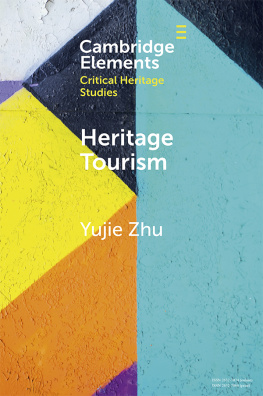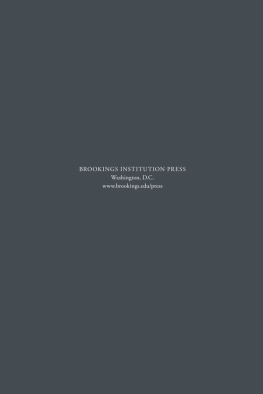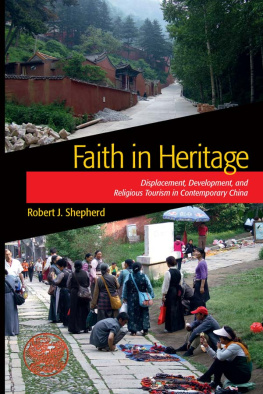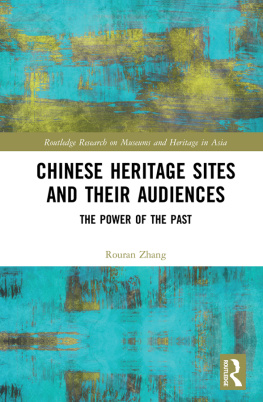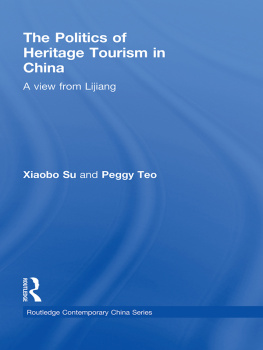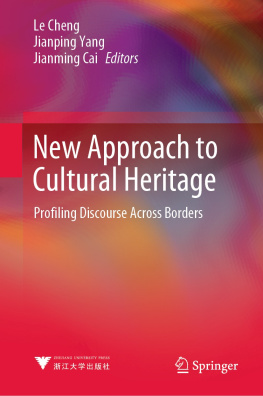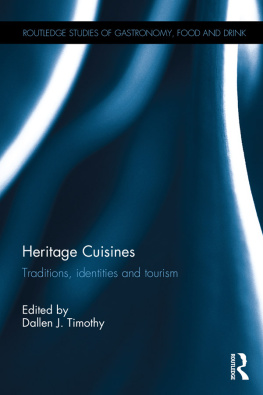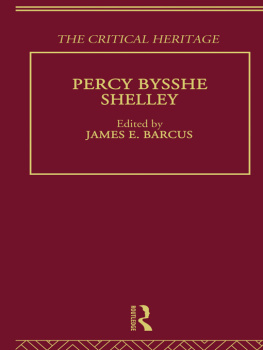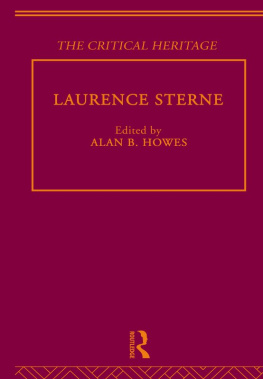Zhu - Elements in Critical Heritage Studies: Heritage Tourism
Here you can read online Zhu - Elements in Critical Heritage Studies: Heritage Tourism full text of the book (entire story) in english for free. Download pdf and epub, get meaning, cover and reviews about this ebook. year: 2021, publisher: CambridgeUP, genre: Politics. Description of the work, (preface) as well as reviews are available. Best literature library LitArk.com created for fans of good reading and offers a wide selection of genres:
Romance novel
Science fiction
Adventure
Detective
Science
History
Home and family
Prose
Art
Politics
Computer
Non-fiction
Religion
Business
Children
Humor
Choose a favorite category and find really read worthwhile books. Enjoy immersion in the world of imagination, feel the emotions of the characters or learn something new for yourself, make an fascinating discovery.
Elements in Critical Heritage Studies: Heritage Tourism: summary, description and annotation
We offer to read an annotation, description, summary or preface (depends on what the author of the book "Elements in Critical Heritage Studies: Heritage Tourism" wrote himself). If you haven't found the necessary information about the book — write in the comments, we will try to find it.
Zhu: author's other books
Who wrote Elements in Critical Heritage Studies: Heritage Tourism? Find out the surname, the name of the author of the book and a list of all author's works by series.
Elements in Critical Heritage Studies: Heritage Tourism — read online for free the complete book (whole text) full work
Below is the text of the book, divided by pages. System saving the place of the last page read, allows you to conveniently read the book "Elements in Critical Heritage Studies: Heritage Tourism" online for free, without having to search again every time where you left off. Put a bookmark, and you can go to the page where you finished reading at any time.
Font size:
Interval:
Bookmark:


Elements in Critical Heritage Studies
edited by
Kristian Kristiansen, University of Gothenburg
Michael Rowlands, UCL
Francis Nyamnjoh, University of Cape Town
Astrid Swenson, Bath University
Shu-Li Wang, Academia Sinica
Ola Wetterberg, University of Gothenburg
Heritage Tourism
From Problems to Possibilities
Yujie Zhu
Australian National University


University Printing House, Cambridge CB2 8BS, United Kingdom
One Liberty Plaza, 20th Floor, New York, NY 10006, USA
477 Williamstown Road, Port Melbourne, VIC 3207, Australia
314321, 3rd Floor, Plot 3, Splendor Forum, Jasola District Centre, New Delhi 110025, India
79 Anson Road, #0604/06, Singapore 079906
Cambridge University Press is part of the University of Cambridge.
It furthers the Universitys mission by disseminating knowledge in the pursuit of education, learning, and research at the highest international levels of excellence.
www.cambridge.org
Information on this title: www.cambridge.org/9781108823395
DOI: 10.1017/9781108914024
Yujie Zhu 2021
This publication is in copyright. Subject to statutory exception and to the provisions of relevant collective licensing agreements, no reproduction of any part may take place without the written permission of Cambridge University Press.
First published 2021
A catalogue record for this publication is available from the British Library.
ISBN 978-1-108-82339-5 Paperback
ISSN 2632-7074 (online)
ISSN 2632-7066 (print)
Cambridge University Press has no responsibility for the persistence or accuracy of URLs for external or third-party internet websites referred to in this publication and does not guarantee that any content on such websites is, or will remain, accurate or appropriate.
Heritage Tourism
From Problems to Possibilities
Elements in Critical Heritage Studies
DOI: 10.1017/9781108914024
First published online: May 2021
Yujie Zhu
Australian National University
Author for correspondence: Yujie Zhu,
Abstract: As one of the worlds fastest-growing industries, heritage tourism is surrounded by political and ethical issues. This research explores the social and political effects and implications of heritage tourism through several pertinent topics. It examines the hegemonic power of heritage tourism and its consequences, the spectre of nationalism and colonialism in heritage-making, particularly for minorities and indigenous peoples, and the paradox of heritage tourisms role in combatting these issues. Drawing from global cases, the study addresses a range of approaches and the challenges of empowerment within the context of heritage tourism, including cultural landscapes, intangible heritage and ecomuseums. The research argues that heritage tourism has the potential to develop as a form of co-production. It can be used to create a mechanism for community-centred governance that integrates recognition and interpretation and promotes dialogue, equity and diversity.
Keywords: politics, empowerment, heritage, tourism, community
Yujie Zhu 2021
ISBNs: 9781108823395 (PB), 9781108914024 (OC)
ISSNs: 2632-7074 (online), 2632-7066 (print)
In my travels, I have often visited a town called Lijiang in the south-west of China, not far from Laos, Burma and Vietnam. Like me, millions of tourists from all over the world visit the place, fascinated by its mountain scenery, narrow waterways, traditional architecture and unique ethnic minority culture. After the United Nations Educational, Scientific and Cultural Organization (UNESCO) listed Lijiang as a World Heritage Site in 1997, the rapidly growing heritage tourism industry has had a tremendous impact on the social fabric of the town. Heritage tourism has created employment opportunities and provided resources for building restoration and cultural revitalisation. At the same time, the original residents of the town have developed a collective sense of displacement due to spatial transformation, rising living costs and increased commercialisation.
These tourism impacts are representative of the global tourism industrys response to significant changes resulting from global interconnectedness (). Within this context, heritage tourism is one of the fastest-growing aspects of the tourism industry, employing millions of people directly and indirectly.
While the benefits can be substantial, the negative features of this rapid growth and adoption of heritage for tourism purposes can be significant. For Lijiang and numerous other sites around the world, heritage can become used for un(intended) purposes. What concepts and approaches are useful for understanding this global phenomenon? How does global tourism consumption shape the interpretation and presentation of cultural heritage? And how can different stakeholders use heritage tourism to ensure a more sustainable future?
This research examines the key political and ethical issues that emerge through heritage tourism as one of the fastest-growing niches of the global tourism industry. It provides critical analysis to explain the multifaceted relationship between heritage and tourism. This approach is situated in the development of critical heritage studies and critical tourism studies, two interdisciplinary fields of academic study that have developed in recent decades.
Drawing from cases all around the world, I address a range of existing approaches and the challenges of empowerment and sustainable development within the heritage tourism context. Heritage tourism should not be taken simply as an economic and management business, but instead should be seen as a global political and ethical project associated with the power of dominant actors and the hopes of the marginalised. Furthermore, this research seeks to provide a critical account of how communities, international organisations and national and local governments manage heritage tourism as an exercise of co-production. In so doing, heritage tourism can be developed as a social movement to empower dialogue, equity and diversity. These issues become particularly relevant and essential today with the rise of deglobalisation and nationalism.
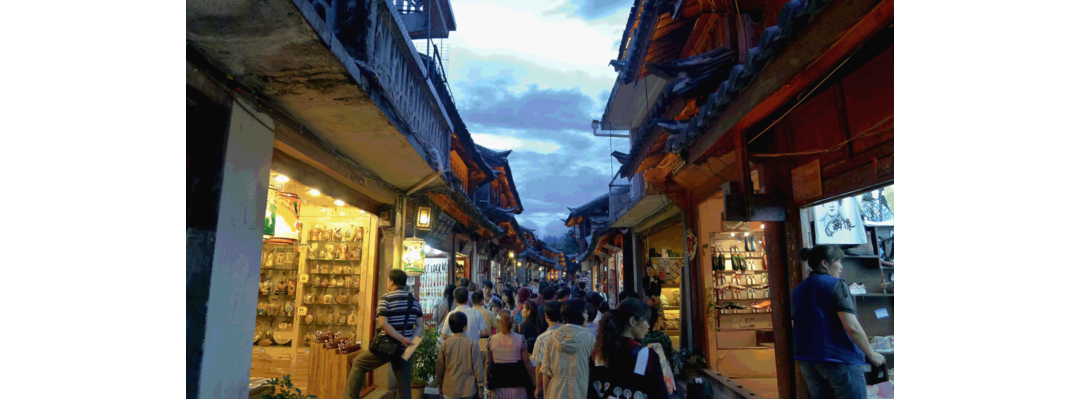
Mass tourism in Lijiang, China
Defining heritage tourism is not an easy task. Both terms (heritage and tourism) are value-laden concepts explored by all sorts of disciplines, including sociology, anthropology, history, geography, cultural studies, political science and management. Each of them brings particular research methods and theories to study heritage and tourism as separate but sometimes interrelated subjects.
Traditionally, heritage refers to cultural performances, buildings and objects representing an authentic past or environment. In the past decades, scholars have called for a shift in the understanding of heritage from conservation of the past to the politics of the past ().
Font size:
Interval:
Bookmark:
Similar books «Elements in Critical Heritage Studies: Heritage Tourism»
Look at similar books to Elements in Critical Heritage Studies: Heritage Tourism. We have selected literature similar in name and meaning in the hope of providing readers with more options to find new, interesting, not yet read works.
Discussion, reviews of the book Elements in Critical Heritage Studies: Heritage Tourism and just readers' own opinions. Leave your comments, write what you think about the work, its meaning or the main characters. Specify what exactly you liked and what you didn't like, and why you think so.

